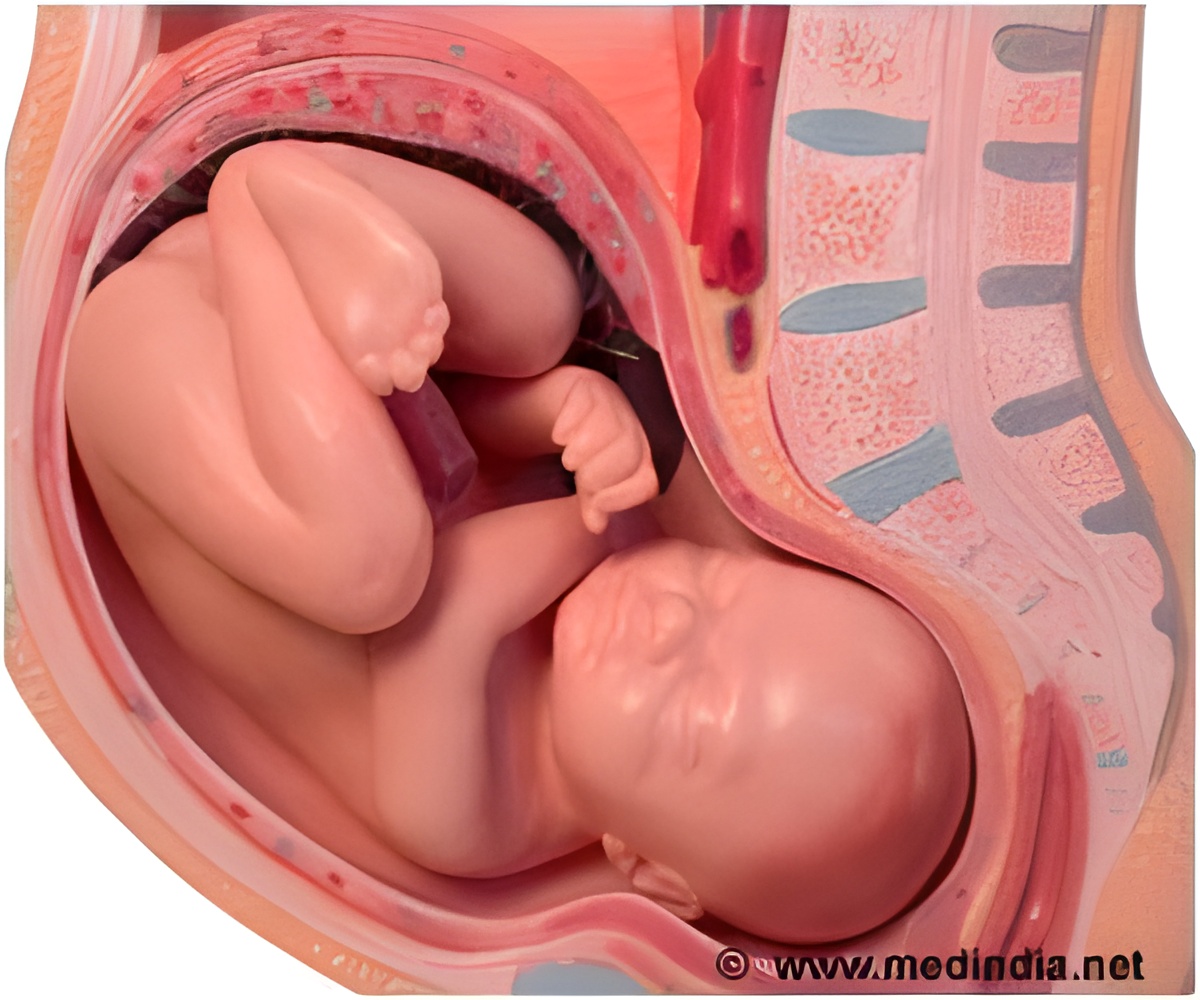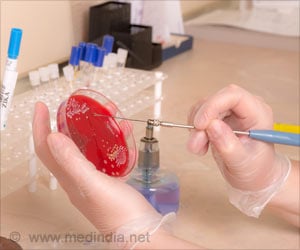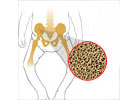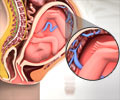Human placentophagy appears to be an increasingly popular practice, and yet almost no clinical studies have been conducted to assess its health benefits.

‘Iron demands are especially high during pregnancy, and iron deficiency during pregnancy and immediately after delivery is a common problem for mothers.’





“The current study suggests that encapsulated placenta supplementation neither significantly improves, nor impairs, postpartum maternal iron status for women consuming the recommended daily allowance of dietary iron during pregnancy/lactation, compared to a beef placebo,” the authors noted. The findings are important as iron demands are especially high during pregnancy, and iron deficiency during pregnancy and immediately after delivery is a common problem for mothers. Physicians often advise women to take iron supplements to prevent or reverse iron-deficiency during pregnancy and immediately after giving birth. Advocates of placentophagy often point to the organ’s high iron content as a primary benefit.
Laura Gryder, a former UNLV medical anthropology graduate student and lead author of the paper, explained the team’s findings are especially important for women who are both iron deficient postpartum and whose only source of supplemental dietary iron is encapsulated placenta. By foregoing other sources, these women are likely not getting the supplemental boost they need to help iron levels rebound to normal levels.
Placentophagy is an increasingly popular trend in industrialized countries throughout Europe, in Australia and in the U.S. Proponents of the practice often reference placentophagy’s common occurrence among nearly all mammals in nature, and they suggest it offers numerous benefits to human mothers too, including increased energy, improved mood, and more rapid postpartum recovery.
Although precise numbers are not currently available, UNLV medical anthropologist and senior co-author Daniel Benyshek estimates there are likely tens of thousands of women in the U.S. alone who practice maternal placentophagy every year. And while the practice was first noted in home birth settings, it has been spreading to hospital births.
Advertisement
Twenty-three women completed the three-week study. Ten women took placenta capsules three times a day for the first four days, followed by two times a day for the next eight days, and once a day for the next nine days postpartum. Thirteen of the women followed the same schedule, but were given a placebo pill containing dehydrated beef. Blood tests were taken just before and soon after childbirth and at roughly one and three weeks post partum. The tests revealed no significant differences in the iron status of the women in the two groups over the three-week postpartum period.
Advertisement
UNLV partnered with researchers from Nevada State College and ZRT Laboratory in Beaverton Oregon for the study.
Source-Newswise













